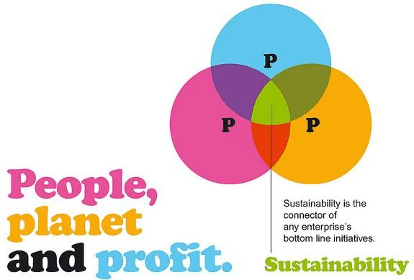Human rights
Human rights are the statutory ways in which individuals expect to and should be treated The Universal Declaration of Human Rights – the five basic rights:
- Right to equality
- Freedom from discrimination
- Right to life, liberty and personal security
- Freedom from slavery
- Freedom from torture and degrading treatment
Modern slavery
Modern slavery is the severe exploitation of other people for personal or commercial gain. Modern slavery is all around us, but often just out of sight. People can become entrapped making our clothes, serving our food, picking our crops, working in factories, or working in houses as cooks, cleaners or nannies.
From the outside, it can look like a normal job. But people are being controlled – they can face violence or threats, be forced into inescapable debt, or have had their passport taken away and are being threatened with deportation. Many have fallen into this oppressive trap simply because they were trying to escape poverty or insecurity, improve their lives and support their families. Now, they can’t leave.
Equality
Equality is a natural fit with diversity. Equality is about the assurance that everyone is treated equally and does not feel left out due to race, gender, religion etc.
Diversity
Diversity relates to the differences between individuals and accepting them in workplaces. Diversity includes the following
- Race
- Gender, sexual orientation
- Cultural background
- Beliefs and values
- Age
- Abilities
- Political views
- Religion
Removal of Modern slavery, ensuring Human Rights, Equality & diversity can be ensured by complying with ILO standards, Bangladeshi labor law & other applicable standards. These practices should be integrated to company culture. But most of the companies are reluctant to follow these standards.
Sustainability
Sustainability is the development that meets the needs of the present without compromising the ability of future generations to meet their own needs

The Three Pillars of Sustainability
In 2005, the World Summit on Social Development identified three core areas that contribute to the philosophy and social science of sustainable development.
Economic Sustainability (Profit)
Economic sustainability is used to define strategies that promote the utilization of socio- economic resources to their best advantage. A sustainable economic model proposes an equitable distribution and efficient allocation of resources. The idea is to promote the use of those resources in an efficient and responsible way that provides long-term benefits and establishes profitability. A profitable business is more likely to remain stable and continue to operate from one year to the next.
Social Sustainability (People)
Social sustainability occurs when the formal and informal processes; systems; structures; and relationships actively support the capacity of current and future generations to create healthy and livable communities. Socially sustainable communities are equitable, diverse, connected and democratic and provide a good quality of life.
Environmental Sustainability (Planet)
Environmental sustainability occurs when processes, systems and activities reduce the environmental impact of an organizations facilities, products and operations.
Environmental Issues
When practicing ethical & responsible sourcing within procurement, the environment should be considered. When considering environmental factors, the following areas should be investigated:
- Pollution
- Recycling
- Renewable processes
- Sustainability
Sustainability & Environmental issues can be ensured by achieving different kind of accreditation like ISO, WRAP etc. Like other standards most of the companies are reluctant to these accreditations also. They only think about these if buyer imposes. Even after buyer requirement they practices window dressing to hide their malpractices. Stewardship is needed to embed it into company culture.
The application of Ethical & responsible sourcing will only become a large part of procurement as time goes on. Today, across the globe, the interest and concern of fellow human beings and the environment is key. To ensure that procurement & supply chain professionals always make the best decision to provide ultimate value for money. Contracting with a supplier who meets the evaluation criteria and can provide good value for money throughout the agreement is important. When considering good value this should include not only the price, but also ethical, environmental and sustainable conduct should be considered.
Leather Industry of Bangladesh contributes significantly to national income, but it largely been based on low paid and flexible labor. Workers are often treated poorly and the sector failing to guarantee fundamental workplace rights throughout its supply chain. Environmental factors are not given expected level of importance during sourcing. All the stakeholders of Leather Industry should come forward to uphold Ethical & Responsible Sourcing practices. In short term it seems to be reason for lower profit but in long run these practices will give higher yield in terms of profitability and business opportunity.
Author
Sheikh Nafiz Ahmed
MBA II Certified Supply Chain Analyst II
Experienced Leather Sector Supply Chain Professional



